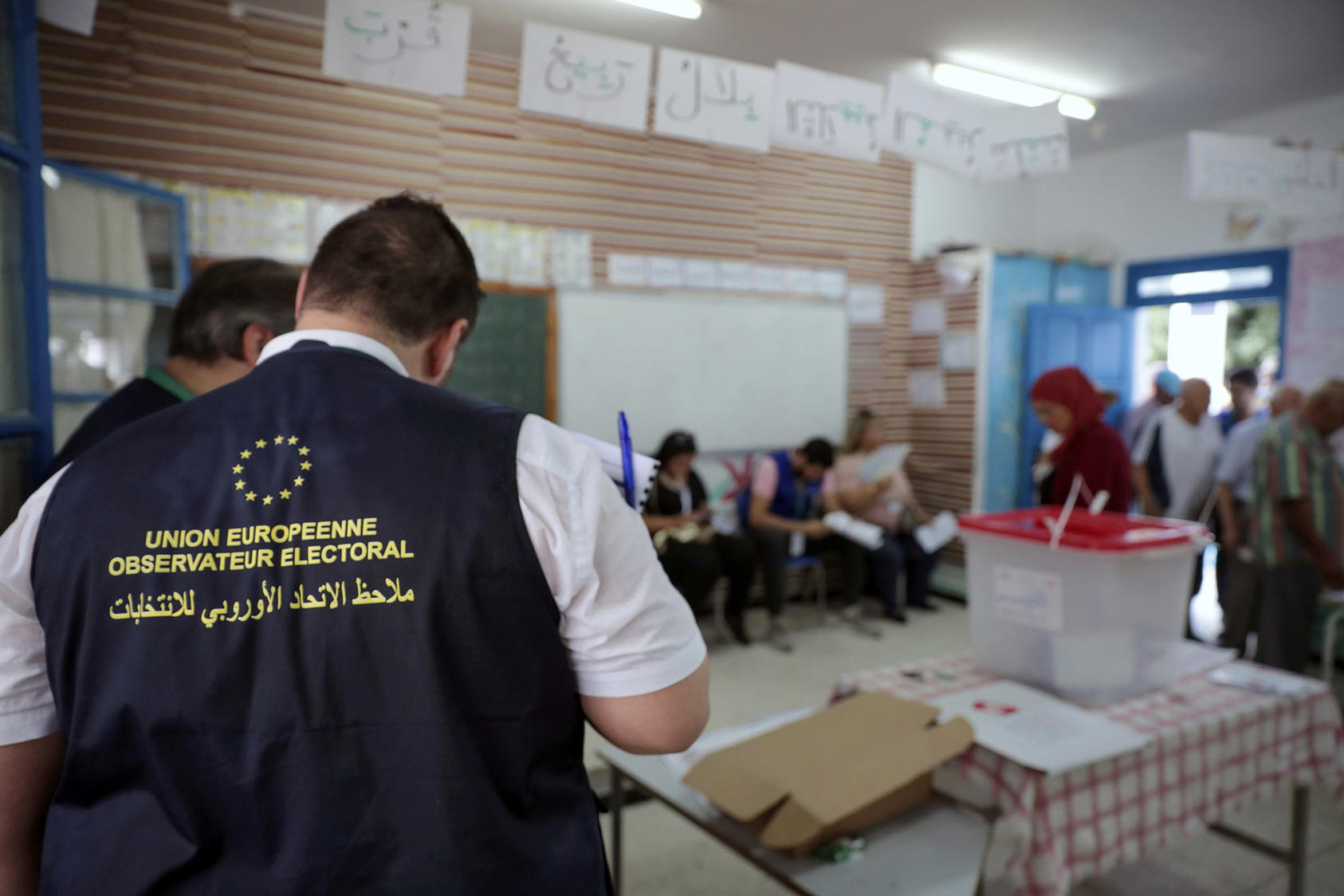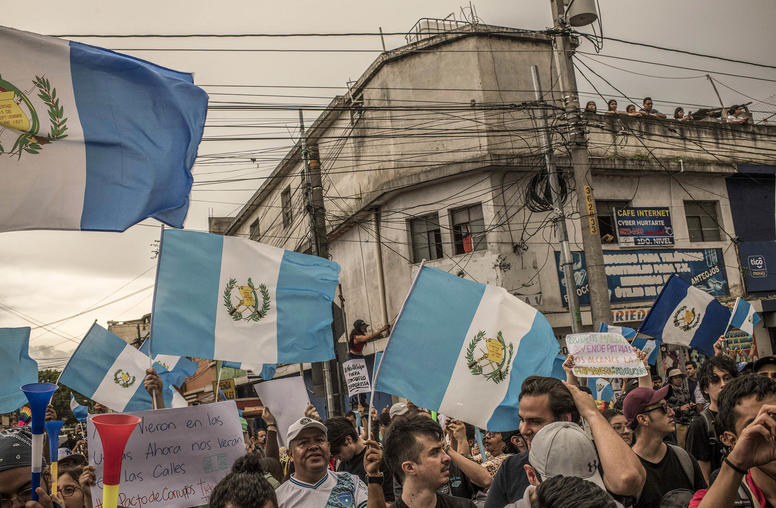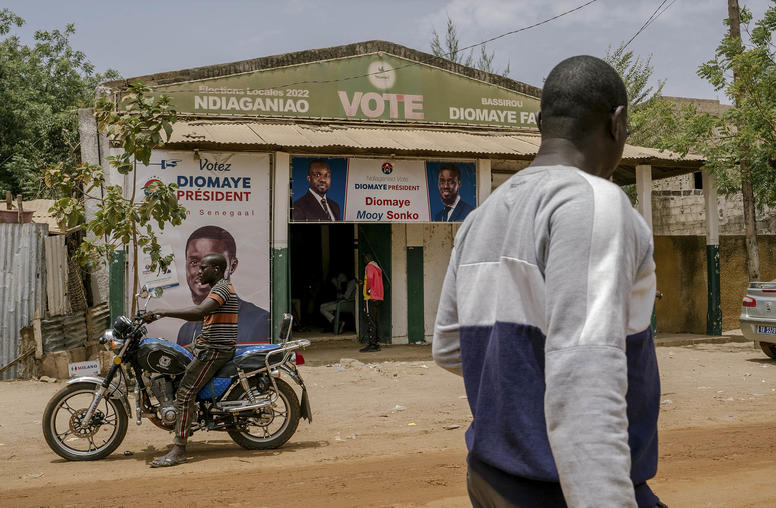Violence Prevention through Election Observation
For many years, election-related violence has posed a serious threat to the integrity of electoral processes worldwide. To prevent or minimize such violence, the international community has often relied upon election observation missions, which incorporate an extended on-the-ground presence and proactive mediation by international and domestic actors. This report discusses the challenge observer missions face in confronting election violence, and suggests how preventive efforts can be enhanced through improved, multi-mandate observation practices.

Summary
Election-related violence affects more than 20 percent of elections worldwide, with the ferocity varying from a few incidents of intimidation and destruction of property to large-scale deaths and mass population displacements. Responding to severe occurrences of election-related violence in the mid-2000s, the international community has emphasized the development of tools aimed at preventing and mitigating such outbreaks and support for research to understand the impact of these tools.
Election observation, which has evolved dramatically during the past thirty-five years, is one of the international community’s principal tools to prevent election violence, although it is by no means a silver bullet. In some instances, a heavy observer presence on election day may shift violence to other phases of the process, and critical post-election observer statements may exacerbate tensions and stimulate violence. Consequently, considerable deliberation is required in planning a mission, framing the content, and determining the timing of public statements.
Election observers’ ability to help prevent election violence is enhanced when the mission commits to a long-term and geographically targeted deployment in coordination with other credible international and domestic observer groups. However, quantifying the precise impact of the observers’ presence is difficult, complicating decisions to determine the appropriate investment in observation as opposed to other forms of electoral support. Consistent with their mandates, observer missions should play a proactive mediation role when violence appears imminent at the national and subnational levels, and should proactively encourage all competing parties to take affirmative steps to reduce tensions.
Even though election observers can play an important role in preventing violence, their deployment is not warranted where security conditions compromise their freedom of movement or place the observers at physical risk. This consideration is particularly relevant where an armed actor seeks to prevent the occurrence of elections through repeated acts of violence directed at those participating in the process.
About the Report
This report examines the impact of violence prevention mandates in the election observer missions organized by intergovernmental, international, or domestic organizations. Commissioned by USIP’s Governance, Justice & Security program, the report draws on desk research and builds on findings presented in Electing Peace (USIP Press, 2017).
About the Author
Larry Garber has more than thirty-five years of election-related experience. In 1984, he authored the Guidelines for International Election Observing and subsequently organized observer delegations in more than twenty-five countries. Most recently, he served as field director for missions in Sierra Leone and Zimbabwe, and as team leader of a review of U.S. government election assistance in Tunisia. He has advised senior leaders in several countries and inter-governmental organizations on election matters.



